I caught myself checking if the difference between two unsigned numbers was >= 0. I ran a test running Visual Studio 2022 Preview with the following code. In both cases the answer was true. That seems right to me as how could an unsigned number be considered negative?
However, when I changed all the types from UINT32 to UINT16 or UINT8, the first comparison returned false. I suppose it is related to the native size. But shouldn't the result be the same regardless of size? (UINT64 seems to behave like UINT32.)
#include <Windows.h>
#include <iostream>
using namespace std;
int main()
{
UINT32 a = 5;
UINT32 b = 10;
UINT32 c = 0;
if ((a - b) > 0)
{
cout << "\nTrue.";
}
else
{
cout << "\nFalse";
}
c = a - b;
if ((c) > 0)
{
cout << "\nTrue.";
}
else
{
cout << "\nFalse";
}
}

